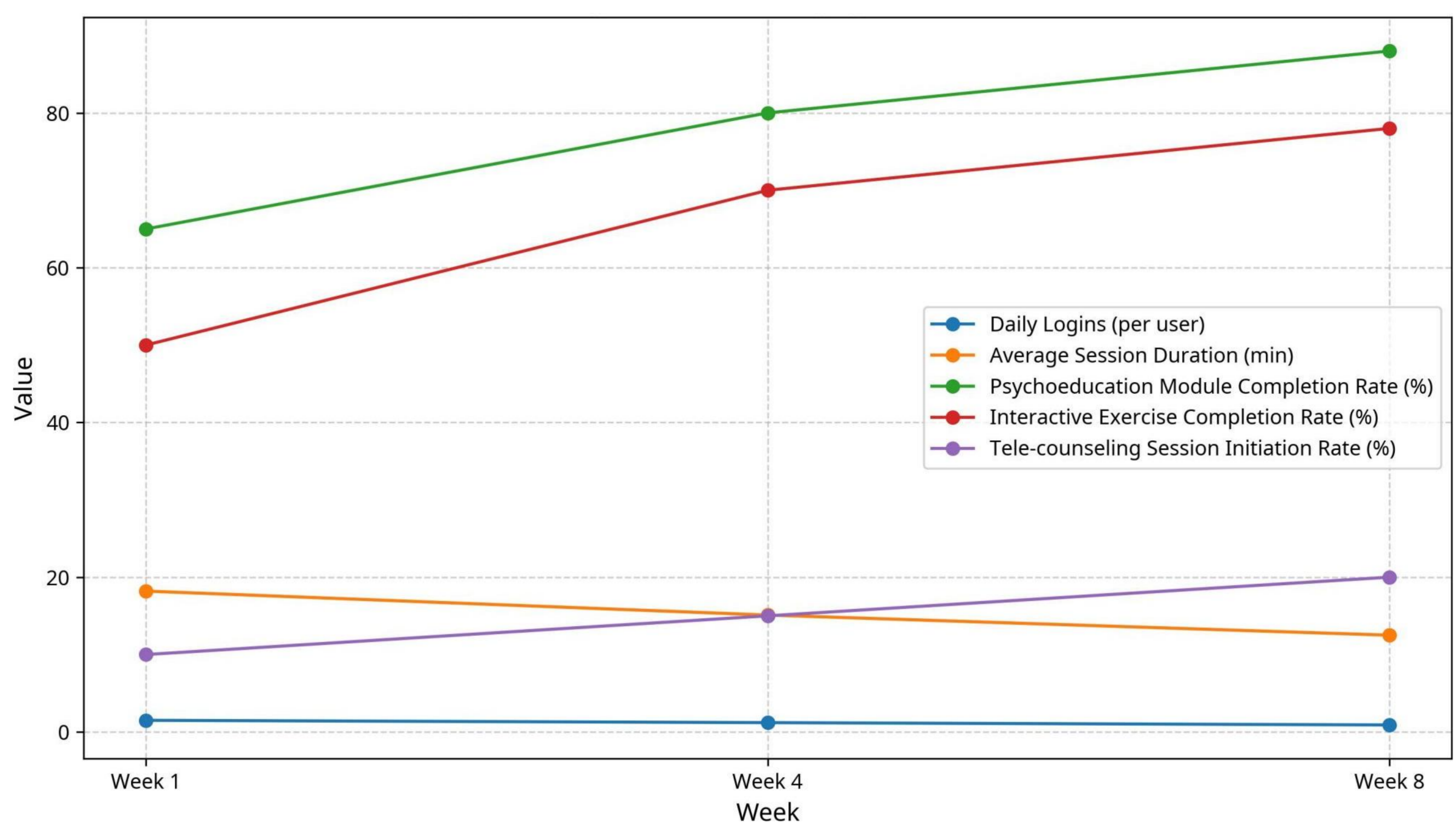Enhancing Mental Health Support for Forcibly Displaced Children: A Cross- Disciplinary Approach
DOI:
https://doi.org/10.64504/big.d.v2i1.153Keywords:
Design Thinking; Humanism; Innovation Management; User Experience; Interdisciplinary CollaborationAbstract
This paper proposes a cross-disciplinary framework to enhance mental health and psychosocial support (MHPSS) for forcibly displaced children. Drawing on insights from design thinking, technological innovation, engineering, business models, and cultural studies, the framework addresses key limitations of current interventions, particularly their cultural relevance, accessibility, and sustainability. By applying user-centered design methods, the approach ensures that interventions are tailored to children’s lived experiences and local contexts. Technological tools, including digital platforms and tele-counseling, expand reach and generate data-driven insights, while engineering principles provide robust and scalable system architectures. Sustainable business models reduce dependence on short-term funding, and cultural adaptation fosters acceptance and engagement. To illustrate feasibility, the paper outlines system designs and results showing improved usability, cultural relevance, and cost-effectiveness across different delivery models. This integrated perspective moves beyond fragmented, symptom-focused approaches, offering a holistic strategy to promote resilience and long-term well-being. The study contributes to humanitarian innovation and provides practical guidance for policymakers, practitioners, and researchers seeking effective, scalable, and culturally appropriate solutions for displaced children’s mental health needs.
Downloads






